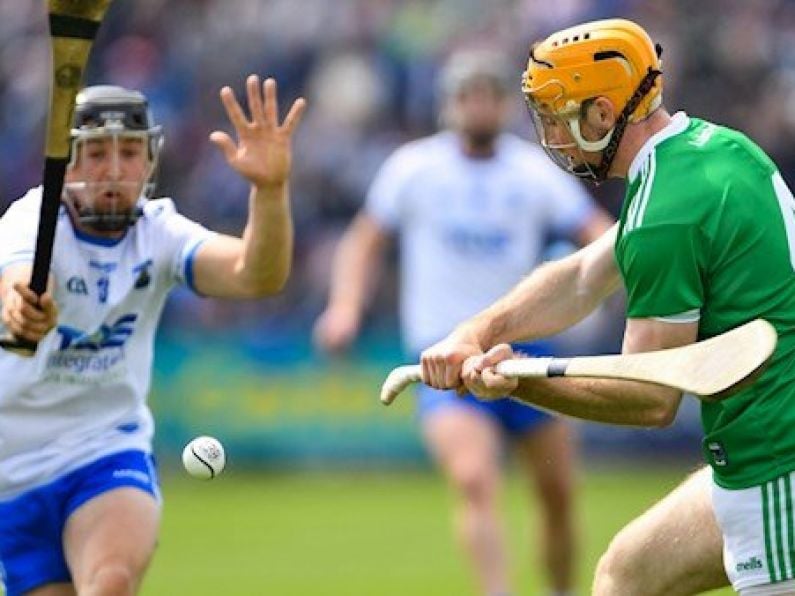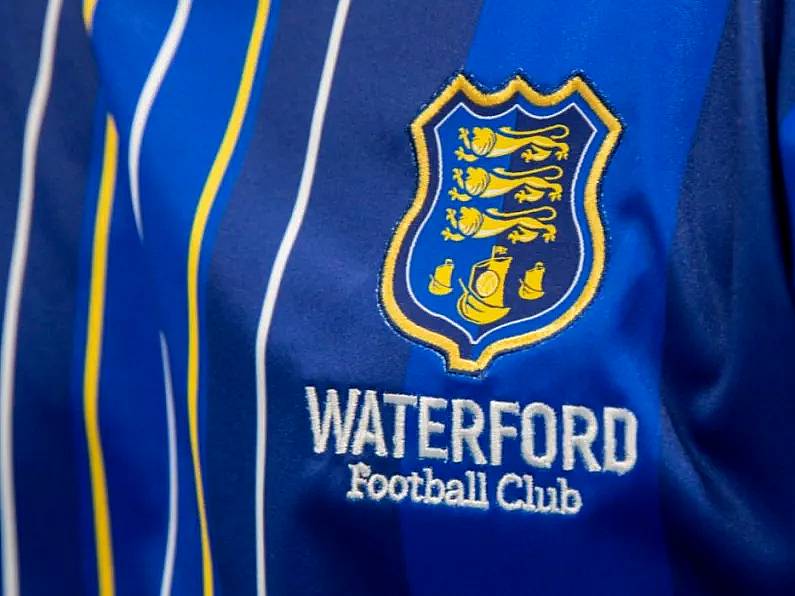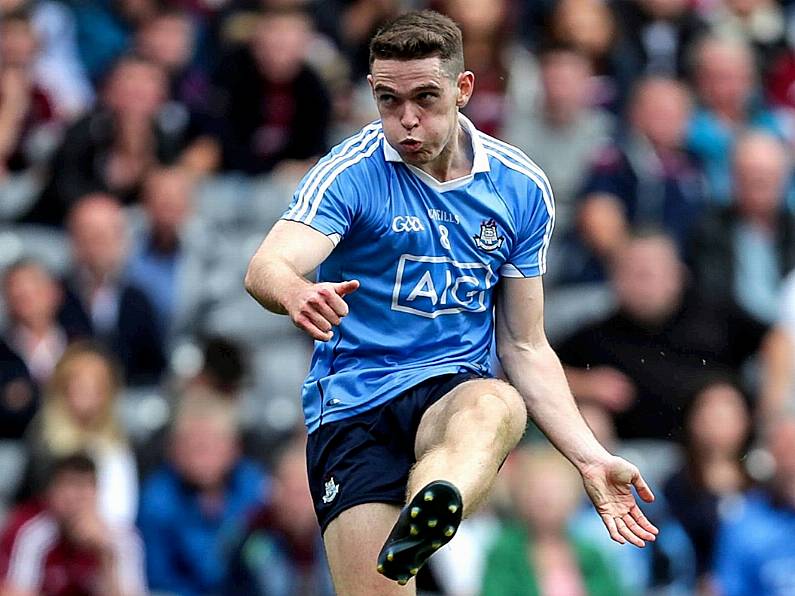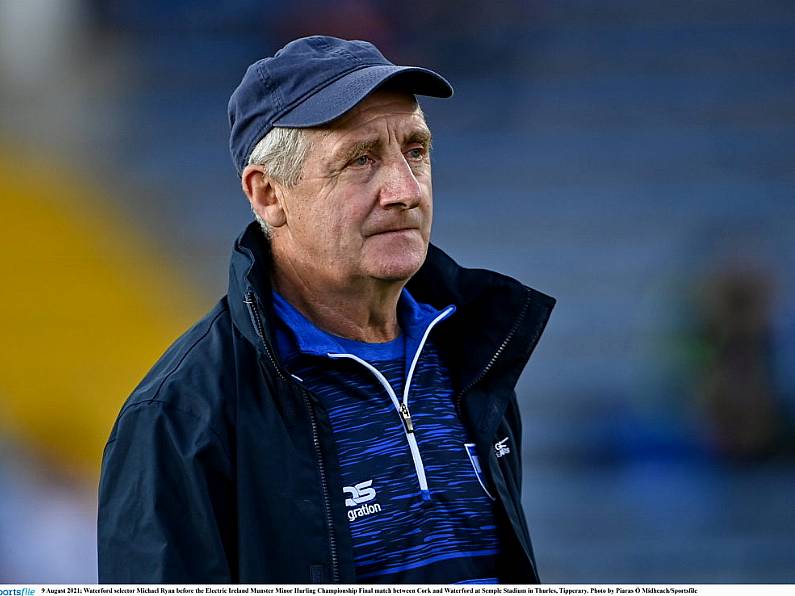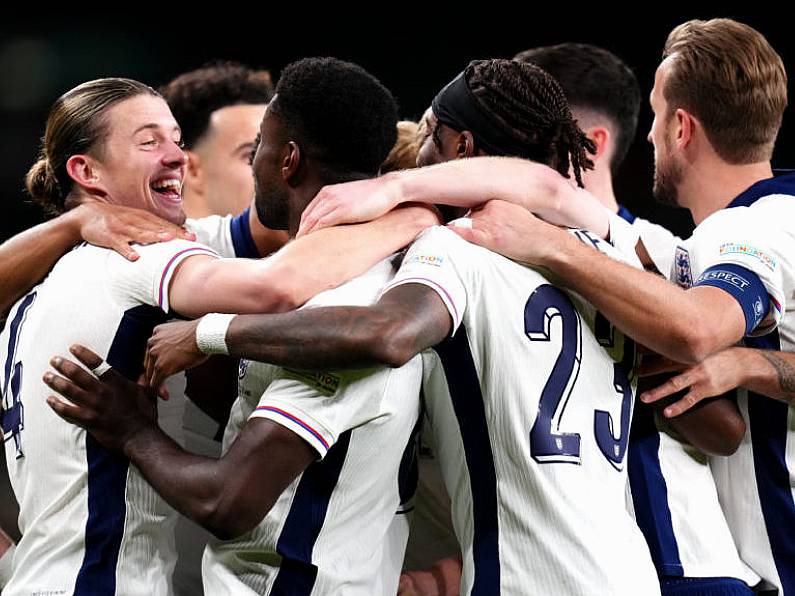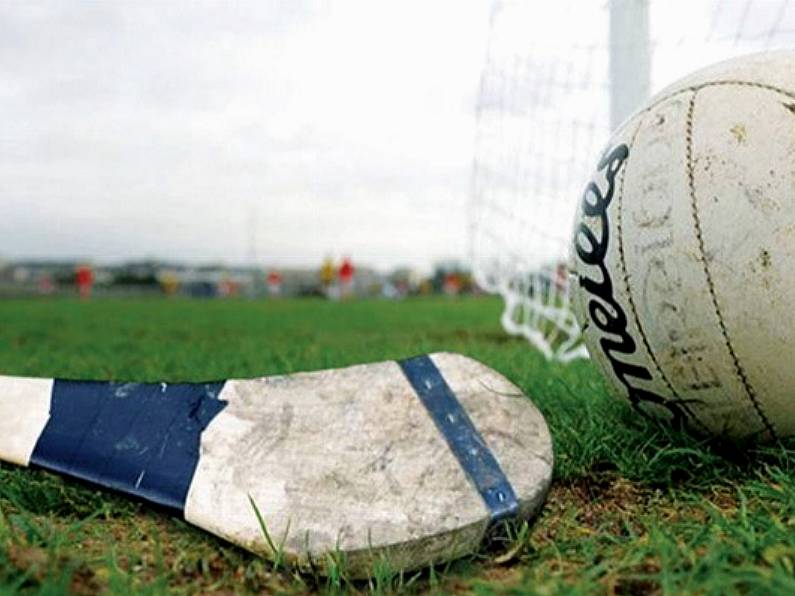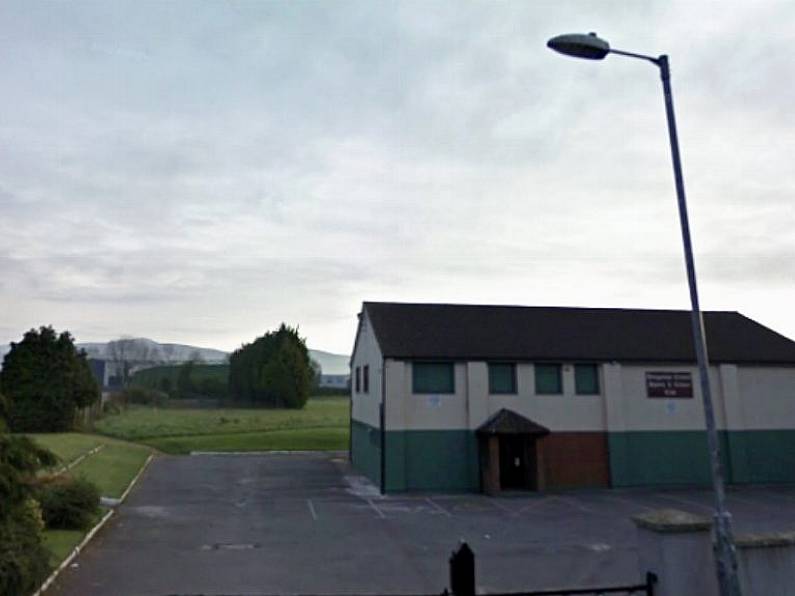Hurling again dominated proceedings last weekend. Not for the last time this season the incredible spectacle of the sport was there for all to see.
The speed of the game, the physicality of the play, the skills of the players and the tactical idiosyncrasies are evidence of how the game has evolved to a new level over the last five to 10 years.
However, when two sides are pitted against each other and one is clearly better than the other, some things remain the same.
In the Clare v Tipperary and Waterford v Limerick matches, a more dominant team was evident from early on.
Limerick traveled to Walsh Park to make a statement about how they see their summer panning out, after a significant beating against Cork on their first outing.
Then, Clare welcomed a revived Tipperary team to Cusack Park to test themselves for the first time since they held on for a slender win a few weeks earlier after a late charge from Waterford.
Yet, within the first quarter of both games, the writing was on the wall for how the remainder of the match was going to pan out even with over 50 minutes still to play.
Limerick’s intention to right the wrongs of their last outing in Páirc Uí Chaoimh was evident in everything they did.
They played the game on their terms from the outset and it appeared as if Waterford had little say in the matter.
Not to the same degree, but not too dissimilar either, Tipperary knocked the air out of Clare from the throw-in and did not relieve the pressure on their chest at any stage through the afternoon.
So what’s a team to do?
There is no doubting that Páraic Fanning has tried every element of his coaching nous to at least maintain the trend of competitive hurling he inherited from his predecessor, Derek McGrath.
The same can be said for the brains trust in Clare with the joint-management team of Gerry O’Connor and Donal Moloney, along with their experienced backroom team.
However, a sport as fast as hurling can get away from you in the blink of an eye.
Possibly, more than any other sport, so much of hurling is based on the momentum swings that happen during the game.
The ball moves so fast from one end of the field to the other, where a disappointing missed chance at one end can be capitalised on with a rabble-rousing score at the other faster than you can start the argument, “hurling is the best sport on the planet”, with a Kerryman.
Such swings and roundabouts are not as starkly experienced in other sports.
Regardless of what the commentators like to tell us, for example, there is very little merit to the presence of momentum in golf, when minutes pass from one shot to the next and rounds take upwards of five hours to complete.

Momentum doesn’t work like that. It is more immediate and in fact, the more immediate the shift, the more impactful the momentum swing can be.
So again, what’s a team to do? Is there anything a team can do to stem the flow and knock a rampaging team off their track?
Of course there is, though it may not be the prettiest thing a team has ever practised.
But a truly well-oiled team will have run through as many eventualities as they can think of before heading into a match, especially when the opposition are expected to bring the fire from get-go.
The obvious thinking and the understandable thinking is to prepare your team’s strengths to be as strong as they can be.
For example, if you’re a team with big, physical forwards, well, be sure to get the ball into them early and often to set the tone and allow them to get on with their job befitting their natural assets.
This play will be run and rerun in training as a definite go-to option.
Obviously, if the opposition are worth their salt, they will be expecting this aerial onslaught and will have worked out an alternative to the best of their ability long before the game begins.
That period of time where the players have to practise against the unwanted scenarios that may befall them during a game.
“If our corner back and our centre-back have a clash of heads inside the first 10 minutes, then we switch yer man for him and bring on the other fella for that fella.”
“If they snuff out our puckout strategy, then we crowd the 45 and have runners going around the back for the long ball to get it away from the danger area.”
“If they score a goal and begin to pick off a few scores in quick succession, then we slow the game down completely, by playing close and eliminating the 50:50 balls for the next few minutes.”
This last scenario is not unlike what happened to Waterford on Sunday against Limerick.
They were leading after the first quarter, and had absorbed the pressure from Aaron Gillane’s goal to trade point for point until, almost imperceptibly, Limerick picked off a few scores without reply, but also without reaction.
There appeared to be no change in pace to how Waterford played as the momentum of Limerick’s quick scores took a hold on the game.
Waterford went from being in the middle of the ring going toe to toe with Limerick, halfway through the opening period, to being on the ropes by the end of it, heading for the dressing room at half-time already six points behind.

Any riposte was short-lived in the second half, as once again Limerick found the pressure point and ruthlessly put the squeeze on.
Waterford had finished scoring more than 20 minutes from time.
It begs the question about how often, if ever, the team had practised their momentum killers?
No team can be naive enough to go into any game, even as hot favourites, without having a series of plays to go to in the event that things don’t go their way.
The if/then-coaching conundrum is an often-ignored tool in a coach’s arsenal.
The players will gain security and peace of mind going into a game if they feel they have many options to go to and many gears to go through.
The opposite is a far more painful reality, when a player feels they have no answer to the problem the opposition have put in front of them, and worse still, no play to go to buy them some time to figure things out.
As you watch this weekend’s games across the hurling and football championships, watch out for the teams who have these momentum killers in their locker.
They will not guarantee them the result, but they just might give them a fighting chance of having a say as the game draws to a close.



